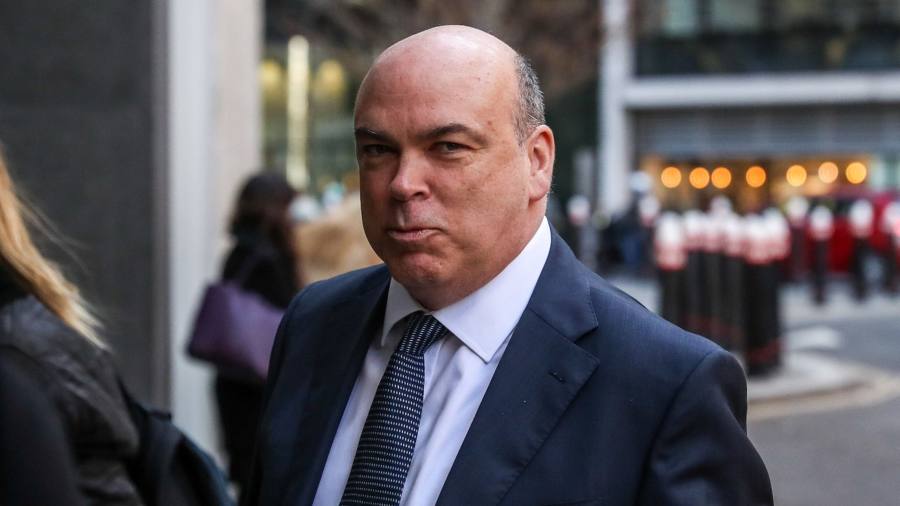Mike Lynch, the billionaire founder of software maker Autonomy, on Friday lost a High Court fight to appeal against his extradition to the US where he faces a trial on criminal charges linked to the $11bn takeover of the company by Hewlett-Packard more than a decade ago.
Lynch had applied to the English court as part of his fight to overturn a 2021 ruling in relation to the extradition, which has already been approved by the home secretary. However, two judges in London rejected his arguments and upheld the earlier decision.
The ruling will come as a blow to Lynch, who faces a criminal trial in California over the 17 allegations that include conspiracy to commit wire fraud and securities fraud. Autonomy’s former chief financial officer Sushovan Hussain is serving five years in prison after conviction in the US in 2018.
Lynch strongly contests the allegations and in a statement said he would explore further options for appeal including to the European Court of Human Rights.
The criminal case centres on claims that Autonomy’s accounts were manipulated, leading Hewlett-Packard to pay an extra $5bn when it acquired Autonomy in 2011.
Lynch is fighting on two fronts — as well as the extradition request from the US, he also lost a high-profile $5bn civil lawsuit last year brought against him by Hewlett Packard Enterprise, HPE, over the Autonomy deal.
Hewlett-Packard was split into two companies — HP, which focuses on computer and printer business, and HPE, which focuses on hardware and cloud business — in 2015.
The case, which Lynch hopes to appeal, covered the same allegations and heard from some of the same witnesses that would testify in any US criminal trial.
Lynch had sought to appeal against the US extradition decision on the grounds that the criminal case can be tried in the UK because Autonomy was a UK-listed company whose independent auditors and board were in the UK.
Earlier this year Alex Bailin KC, representing Lynch in the extradition case, told the High Court that much of the alleged conduct took place in the UK and so any criminal prosecution should be heard here rather than in the US. “The Serious Fraud Office has reserved its right to prosecute the case. This is not a hypothetical possibility,” he told the court.
However, the High Court rejected Lynch’s arguments and said the case should be prosecuted in the US as “most of Autonomy’s revenues came from the US”.
A spokesperson for Mike Lynch said the businessman was “very disappointed” but was reviewing the ruling “and will continue to explore his options to appeal”. He added on the extradition: “The United States’ legal over-reach into the UK is a threat to the rights of all British citizens and the sovereignty of the UK.”
Read the full article here




